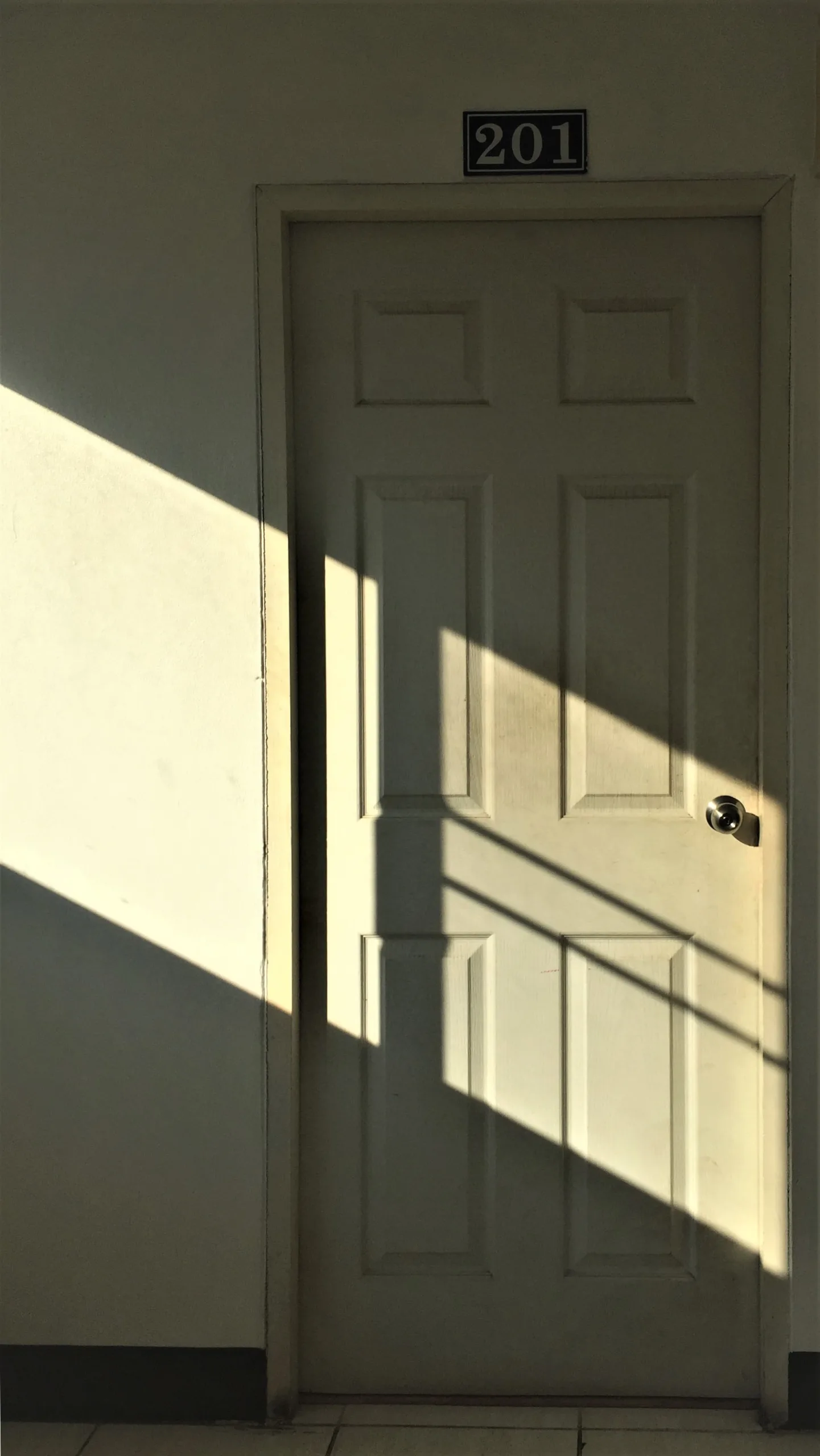Parental Responsibility
Parental responsibility is defined in the Children Act 1989 as all the rights, duties, powers, responsibilities and authority which by law a parent of a child has in relation to the child and his or her property. It is through the exercise of parental responsibility that parents can make decisions about their education, religion, name and medical treatment.
A mother will have parental responsibility for her child by virtue of being the child’s mother if she gave birth to the child (please note that this has implications for children born via surrogacy,
on which we can advise). If the parents are married or are in a civil partnership, both parents will have parental responsibility automatically. Parental responsibility can be held by a number of people simultaneously, and therefore, it is possible to acquire parental responsibility if you are not granted it automatically (including sometimes even if you are not the child’s birth parent).
If the parents are not married (or in a civil partnership) at the time of the birth, only the birthing mother automatically has parental responsibility. The other parent would not have automatic parental responsibility for the child. The father or second parent can acquire parental responsibility through a number of means, including being registered as the child’s father or second parent on the birth certificate, obtaining a parental responsibility order from the court, or being named in a child arrangements order as a person with whom the child lives. It is also possible for the parent without parental responsibility to make a parental responsibility arrangement with the holder(s) of parental responsibility. Equally, if the father or second parent later marries the mother, that parent can acquire parental responsibility (subject to issues of domicile).
It is important that unmarried parents ensure that they have parental responsibility so that they can make decisions for their children and be consulted. Often both parents will be registered on the birth certificate and so this issue will be circumvented, but it is important to check the position.
Child Arrangements
When parents separate and no longer live together, this very often affects the child arrangements. In this situation, parents can agree the child arrangements between themselves. However, for some parents, it is not possible to agree and so the Court becomes involved following an application for a child arrangements order. This could be for a “lives with” order (to regulate with whom the child should live and spend time), or specific issue order, for example to decide where the child should go to school, or a prohibited steps order to stop the other parent from doing something.
A child’s parent or another person with parental responsibility for the child may bring an application for a child arrangements order. Equally, a person with whom the child has lived for three years can bring an application. This period of three years does not need to be continuous, but must not have begun more than five years before and ended three months before the date of application. This can be useful for those who care for children from their ex-partner’s previous relationship and have developed a strong relationship.
Financial Provision for Children upon Separation
Unlike following the breakdown of a marriage, where a married parent can bringing a financial remedy claim to address their financial needs and that of their children, unmarried parents have a more limited scope for their personal financial claims. Please see our article on the financial pitfalls and protections for cohabiting couples here. Nonetheless, unmarried parents can still receive child maintenance and bring financial claims for the sake of their children.
Child maintenance is paid by the non-resident parent to the parent with whom the child lives and whom usually provides the day-to-day care for the child. This is to meet the child’s living costs. Parents can agree an arrangement themselves or obtain a calculation from the Child Maintenance Service (“CMS“).
For some parents, this is not a sufficient level of maintenance for the child. Schedule 1 of the Children Act 1989 provides limited financial provision for the children of unmarried parents upon separation. Under the Child Support Act 1991, the court may make an order for periodical payments for educational expenses, such as school fees, for costs attributable to a child’s disability or, where appropriate, for ‘top-up’ maintenance where the non-resident parent has a gross income of greater than £156,000 per annum, for the benefit of the child. The recent case of James v Seymour [2023] EWHC 844 (Fam) sets out the formula for calculating child maintenance where the CMS’s calculation is insufficient.
At Payne Hicks Beach, we advise on children matters, including where the parents were cohabitants. We also advise on the legal implications of separation, cohabitation agreements, and disputes following separation, including the available financial remedies.





